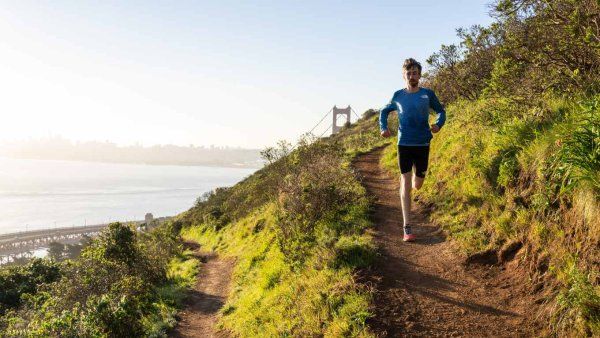UCSF Medical Center Ranks Among Nation’s Exceptional Hospitals
UCSF Medical Center has been ranked among the country’s best hospitals in adult care in U.S. News & World Report’s prestigious Best Hospitals survey.
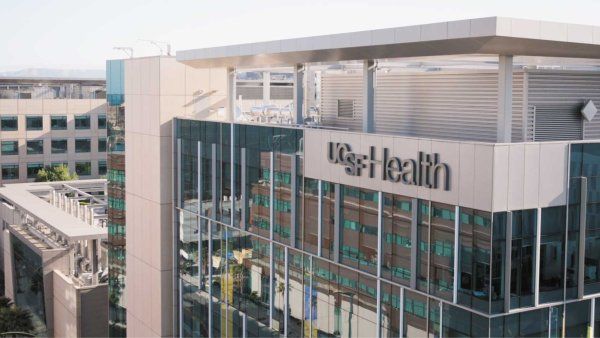
University of California San Francisco
Give to UCSFUCSF Medical Center has been ranked among the country’s best hospitals in adult care in U.S. News & World Report’s prestigious Best Hospitals survey.

AIDS Walk San Francisco and UC San Francisco continue to make a difference in the fight against HIV/AIDS with a strong partnership, raising funds for HIV programs and research.

Ultrasound is not necessary for medication abortion, and patients do equally well whether they are seen in person or via telehealth, and whether they receive their medication in person or through a mail order pharmacy.

The Wraparound Project works to reduce youth violence in San Francisco schools. It provides mentorship and links clients to essential risk-reduction resources.

UCSF is a leader in research for women’s health and reproductive rights. Explore the latest news and research over access to abortion medication and care in light of the 2022 overturning of Roe v. Wade.

Teens who come from close-knit neighborhoods and families are less likely to have sex at a young age, while teens’ schools have less influence on their sexual behavior.

Anti-Asian hate may be fueling isolation and poorer health among elderly San Francisco residents.
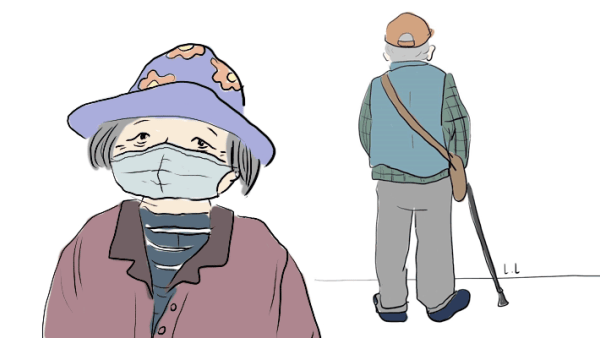
Research found that using a mail-order pharmacy to deliver abortion medication after an in-person assessment was both safe and effective, offering privacy, convenience, and accessibility.

Faculty members Chase Anderson, MD, and Brittany Bryant, LCSW, help us understand what microaggressions are, what they look like, and what they mean for your mental health – and practical skills to deal with them, whether they’re directed at you or not.

From left to right: W. Thomas Boyce, MD; Kathleen Giacomini, PhD; Geeta Narlikar, PhD; and Neil Powe, MD, MPH, MBA. Four scientists and clinicians at UC San Francisco have been honored this year
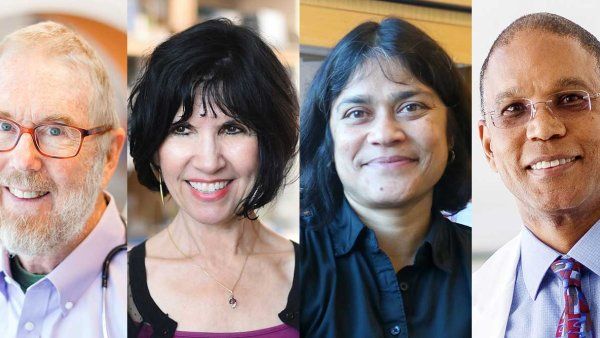
John Hamiga, a founding member of UCSF Bikes!, provides a step-by-step guide to starting a commuting adventure on two wheels.

Group homes with a designated family doctor are a great solution for adults with intellectual and developmental disabilities (IDD).
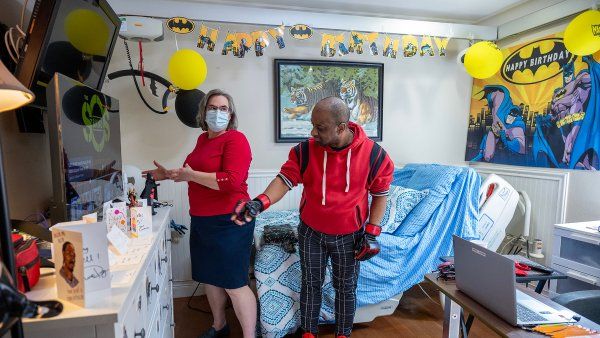
An upcoming Supreme Court ruling could put a stop to telehealth abortion services nationally, and limit access to mifepristone, one of two drugs commonly used in abortion care.

Medication abortion can be delivered safely and effectively through telemedicine, according to new research that comes as the U.S. Supreme Court is about to hear a case that could severely restrict access to one of the two pills that are used to induce abortions.

California’s trailblazing surgeon general is using her platform to pave the way for improving the health of women, children and communities of color while inspiring a new generation of Latinx physicians.
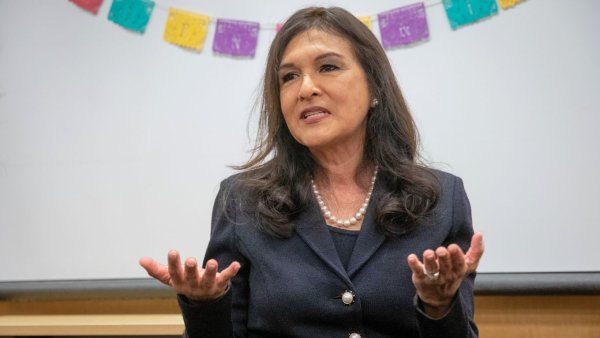
The two-year HEAL fellowship initiative operates in 10 countries but has a special focus on serving the Navajo Nation, which continues to suffer from the consequences of colonialism, including poor access to health care.
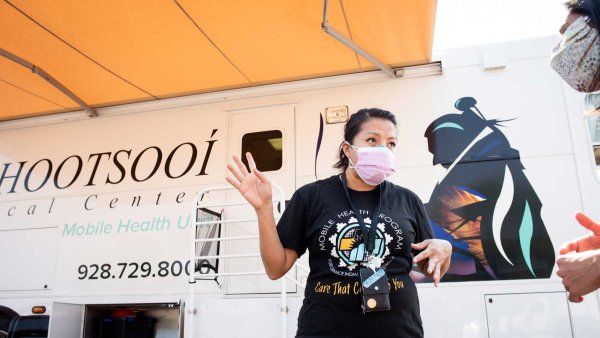
U.S. Health and Human Services Secretary Xavier Becerra visited UCSF Pride Hall at Zuckerberg San Francisco General Hospital to laud UCSF researchers, educators and clinical leaders for their leadership in reproductive health, as the Biden Administration seeks to preserve access to abortion care in post-Roe America.
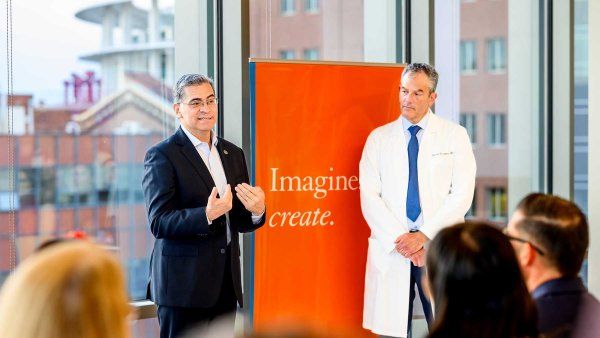
Amber Bell, MS ’19, CNM, is helping UCSF “do the hard work of re-diversifying the midwifery profession.”
What a tiny grassroots program in the Tenderloin is teaching doctors about healing through human connection.
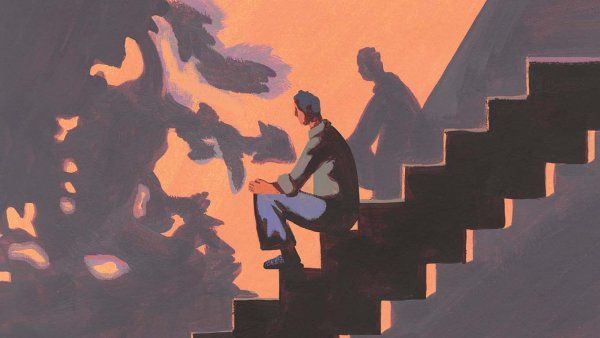
U.S. House Speaker Emerita Nancy Pelosi was honored at UCSF with the first ever Bay Area Global Health Alliance Leadership Award for championing policies supporting people living with AIDS/HIV throughout her career.
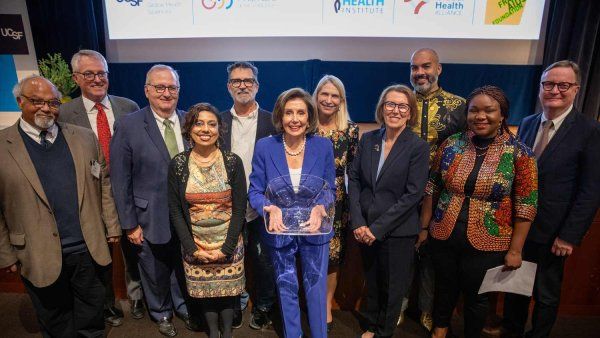
Suneil Koliwad weighs in on the state of insulin production after California Governor Gavin Newsom vetoed a law that would cap the price for consumers at $35 a month. California will focus instead on producing its own insulin for $30 per vial.
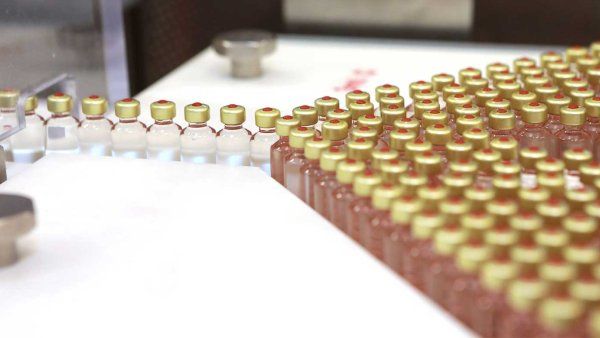
Diana Greene Foster, leader of a groundbreaking study on what happens to women who are denied abortions, has been named a 2023 MacArthur Fellow, one of the most coveted honors in academia, science and the arts.
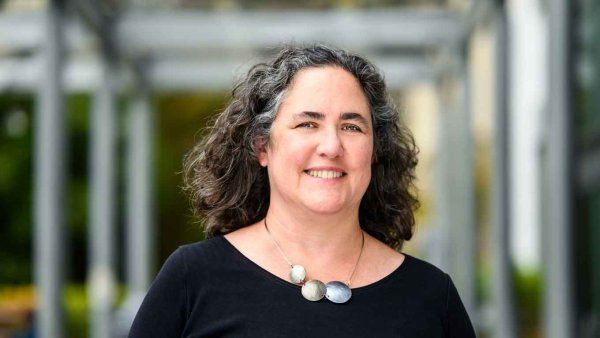
An Oregon prison is testing a Norwegian-inspired approach to prison reform that’s designed to bring greater humanity to corrections and improve conditions for staff and prison residents. This includes reducing the use of solitary confinement.
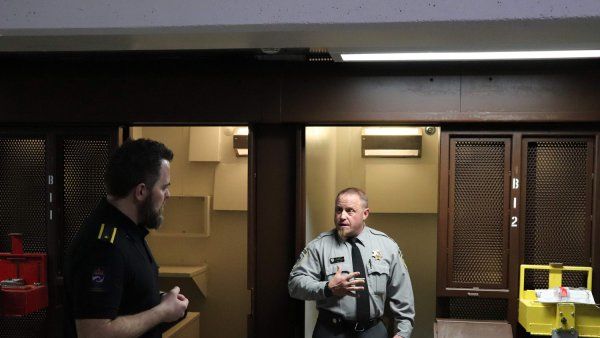
UCSF Medical Center has been ranked among the country’s best hospitals in adult care in U.S. News & World Report’s prestigious Best Hospitals survey.
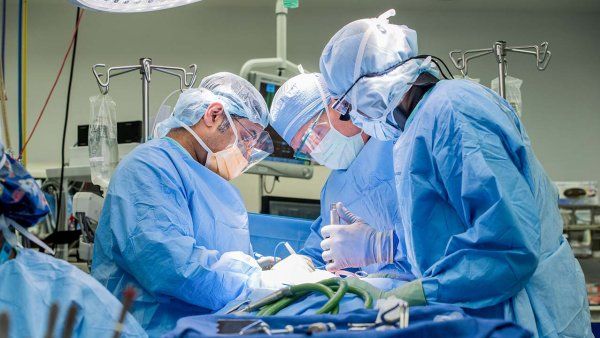
Toxic dust from artificial stone slabs popular in kitchen countertops in the U.S. is causing a rising numbers in lung disease among stone workers.

A new clinic will match Black babies with Black healthcare providers to improve outcomes for both moms and kids.
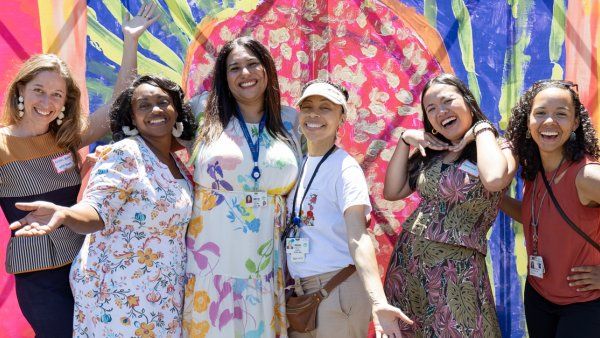
UCSF oncology scientist Paddy O'Leary won the 112th running of the Dipsea Race, the country's oldest trail race, on June 11. We caught up with him to learn more about his running, work and what drives him.
